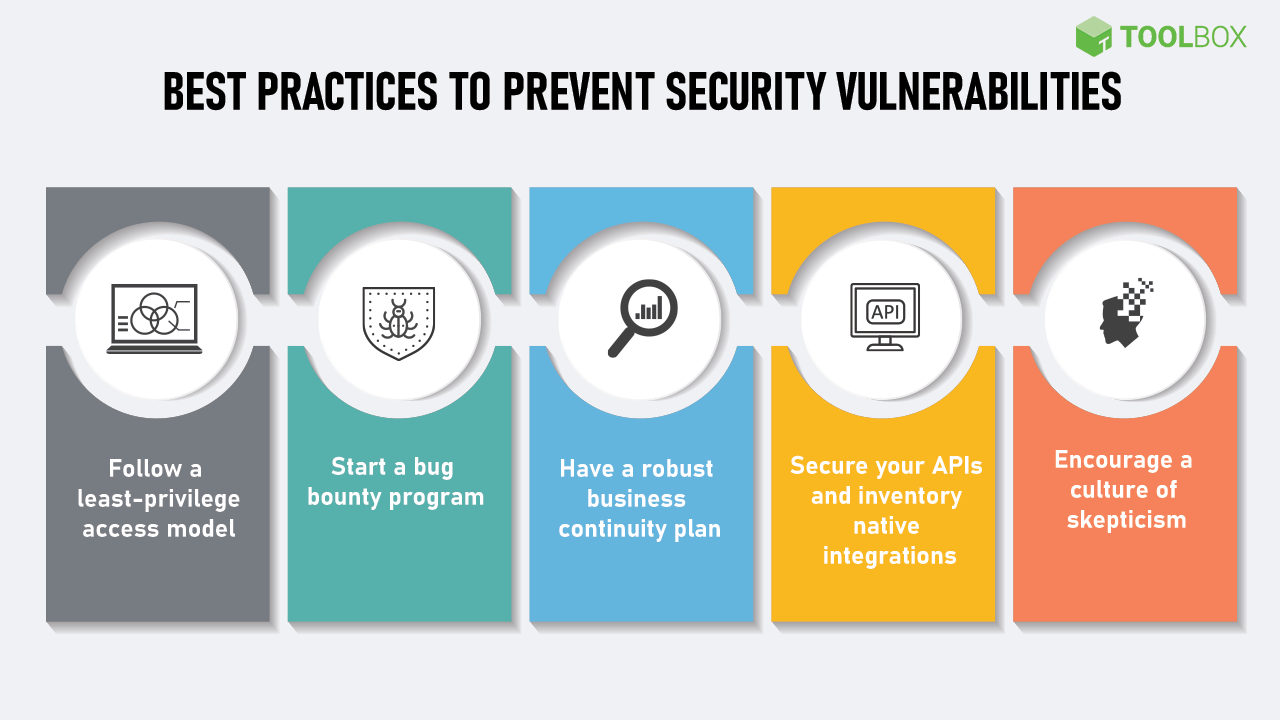In “Accessing Your Opponent’s Vulnerabilities,” you’ll discover insightful strategies to identify and leverage the weaknesses of your adversaries, turning their flaws into your advantages. By mastering the techniques discussed, you can gain the upper hand in any competitive scenario, be it in sports, business, or personal challenges. This guide ventures into practical steps that anyone can apply, ensuring you’re always a step ahead and prepared to exploit the gaps in your opponent’s defenses. So, roll up your sleeves and get ready to transform obstacles into opportunities for success! Have you ever found yourself trying to outsmart your opponent, whether in a friendly game of chess or a high-stakes business negotiation? Accessing your opponent’s vulnerabilities can be the key to gaining an upper hand in any competitive situation. By understanding where they might falter, you position yourself to make strategic moves that can lead to success.
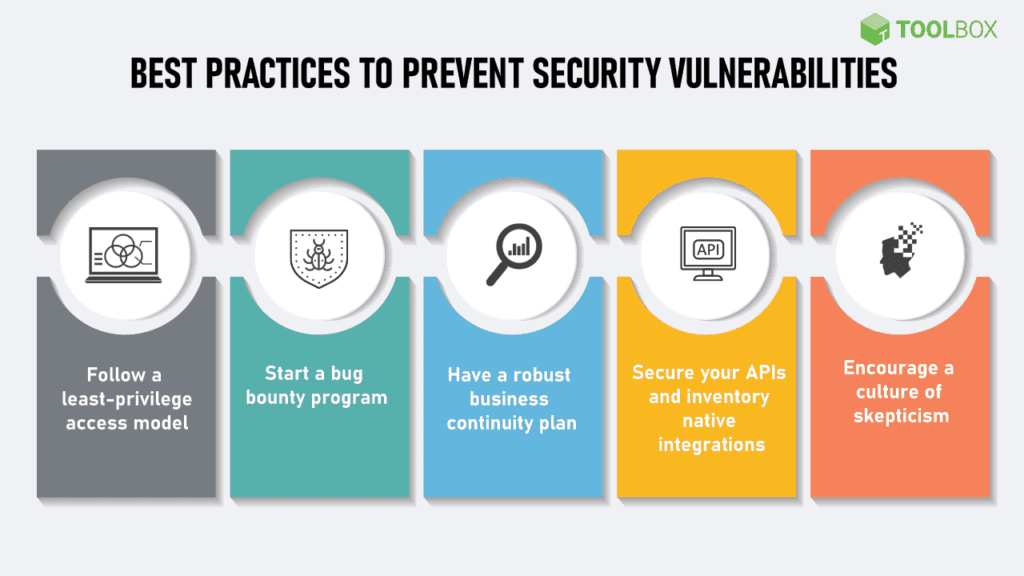
Understanding the Importance of Vulnerability Assessment
Understanding your opponent’s vulnerabilities isn’t about being ruthless or unfair. Rather, it’s about recognizing the human elements in any competition. Everyone has strengths and weaknesses, and being aware of these can help you navigate towards a favorable outcome more effectively.
Psychological Insight
One of the most powerful tools you have at your disposal is psychological insight. By observing your opponent’s behavior, you can gain valuable information about their mindset and emotional state. Are they confident or hesitant? Do they react defensively when pressured? These observations can provide clues about where they might be vulnerable.
Information Gathering
Gathering information is another critical step. This doesn’t mean spying or unethical snooping, but rather collecting relevant data that can provide context. In the business world, this might mean understanding market trends, your competitor’s business strategies, or their customer reviews. In personal scenarios, it could involve learning about a person’s past experiences or education.
Techniques for Accessing Vulnerabilities
Now that you understand the importance, let’s delve into some practical techniques for accessing your opponent’s vulnerabilities. These methods are not about exploiting weaknesses unethically but outmaneuvering by being better prepared and informed.
Observation and Analysis
Observation is your first line of defense and offense. Keenly observe your opponent’s actions, reactions, and patterns. Are there any predictable behaviors? Do they have a habitual way of handling stress? Noticing these patterns allows you to anticipate their moves and plan your own strategy accordingly.
- Body Language: Pay attention to non-verbal cues. A lot can be revealed through body language such as nervous tics, avoidance of eye contact, or overly aggressive stances.
- Decision-Making Patterns: Does your opponent take risks or play it safe? Do they prefer fast decisions or exhibit analysis paralysis?
| Observation Area | Details |
|---|---|
| Body Language | Non-verbal cues, eye contact, physical stances, hand movements |
| Decision-Making | Risk-taking, speed of decisions, over-analysis, reliance on others |
Identifying Weak Points
Just like in any structure, there are often weak points in a strategy or a persona. Identifying these can give you an edge.
- Flaws in Strategy: Are there gaps or inconsistencies in their approach?
- Emotional Reactions: Certain topics might trigger strong emotional responses, revealing sensitive areas.
| Weak Point Type | Examples |
|---|---|
| Strategic Flaws | Gaps in planning, outdated methods, lack of innovation |
| Emotional Triggers | Overreactions, defensiveness, visible frustration or anger |
Building Rapport
Sometimes, the best way to understand someone is by building a rapport. Genuine interactions can reveal a lot about a person. When people feel comfortable, they’re more likely to let their guard down.
- Effective Communication: Engaging in meaningful conversations can glean insights into their values and thought processes.
- Active Listening: By truly listening, you can pick up on subtleties in tone and topic that might indicate vulnerabilities.
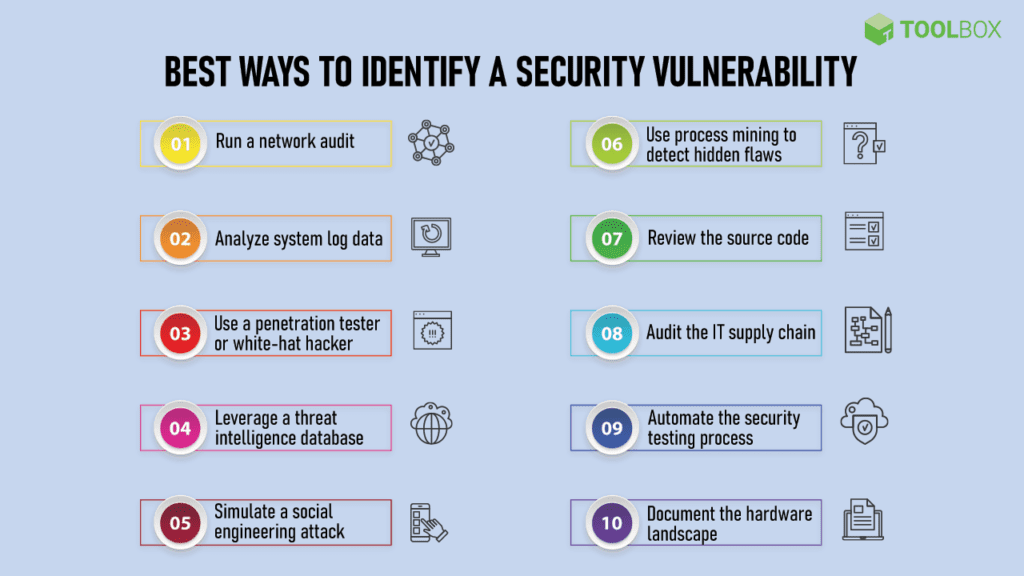
Application in Different Scenarios
Now, let’s bring it all together by seeing how these strategies can be applied in real-world scenarios, from sports to business to personal relationships.
Sports Competitions
In sports, understanding an opponent’s weaknesses can be the difference between winning and losing.
- Physical Weaknesses: Knowing if an opponent has a recurring injury or a less dominant side can inform your strategy.
- Mental Game: Athletes often focus on the physical, but the mental aspect is just as critical. If you know an opponent gets easily flustered, you can use that to your advantage.
Business Negotiations
In a business context, leveraging vulnerabilities can lead to more favorable deals.
- Market Positioning: If a competitor’s market share is shrinking, they might be more open to concessions.
- Financial Health: Companies in financial distress might be willing to negotiate more favorable terms.
Personal Relationships
Even in personal relationships, understanding vulnerabilities can enhance communication and conflict resolution.
- Emotional Needs: Knowing what makes someone feel valued can help you build stronger connections.
- Conflict Resolution: Recognizing triggers can help de-escalate tense situations.
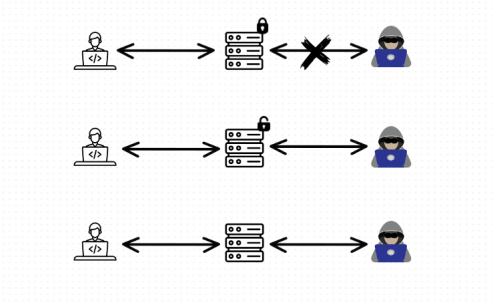
Ethical Considerations
While accessing vulnerabilities can be powerful, it’s vital to approach this with integrity. Exploiting someone’s weaknesses can backfire, leading to mistrust and damaged relationships.
Respect and Fairness
Respect your opponent as you would want to be respected. Fair play isn’t just for sports—it’s essential in all aspects of life.
Transparency
Whenever possible, aim for transparency and honesty. This builds trust and fosters long-term relationships, whether in business or personal dealings.
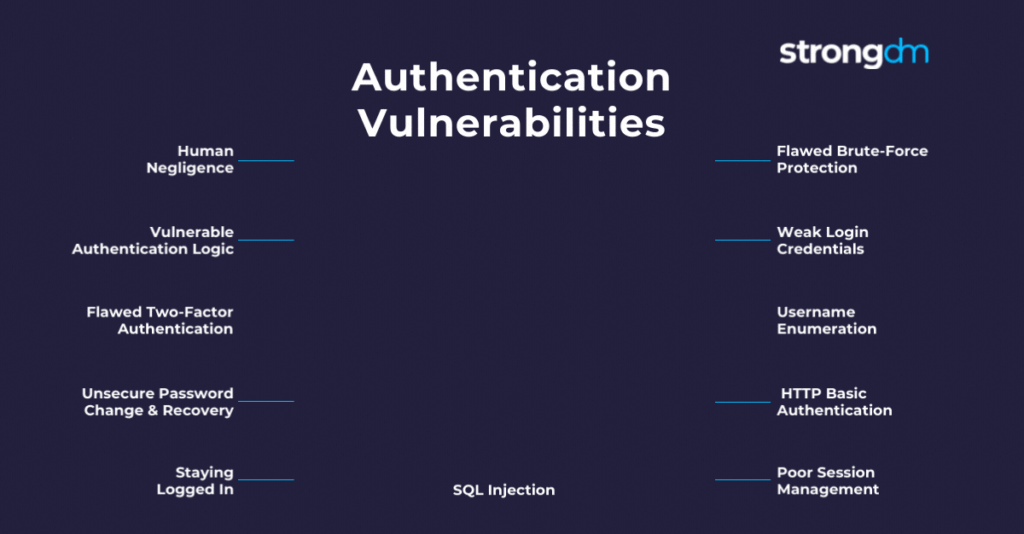
Enhancing Your Skills
Whether you’re naturally perceptive or find reading people a challenge, you can always enhance these skills. Practice makes perfect, and there are several ways to refine your ability to access vulnerabilities.
Continuous Learning
Keep a curious mindset and continuously seek to learn more about human behavior and psychology. Books, seminars, and workshops can provide valuable knowledge.
Feedback Mechanisms
Ask for feedback from peers or mentors. They can provide new perspectives and help you identify areas for improvement.
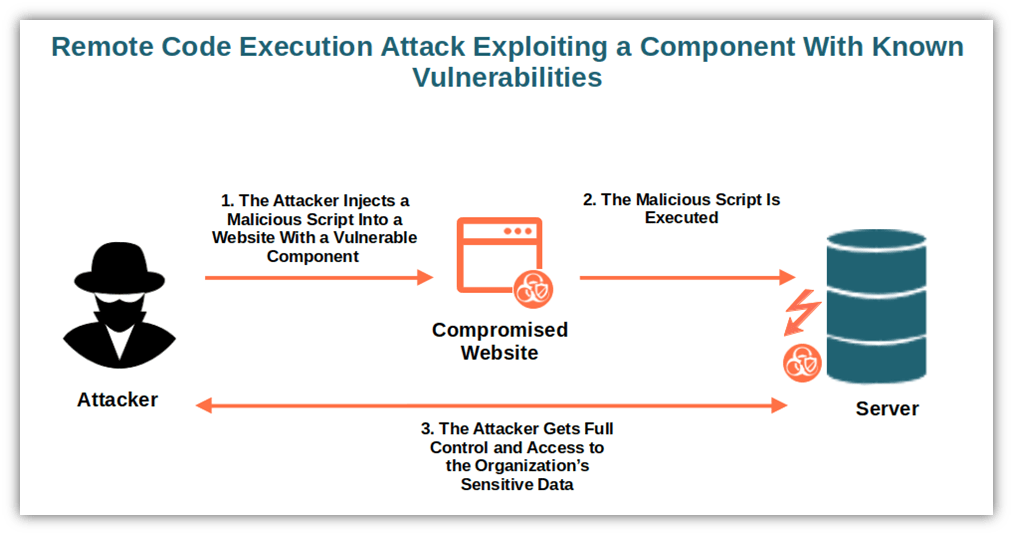
Conclusion
Accessing your opponent’s vulnerabilities is an art as much as it is a science. It requires a blend of psychological insight, strategic observation, and ethical considerations. By enhancing your skills in these areas, you can navigate competitive situations more effectively and ethically, setting yourself up for success in any arena. So go out there, observe keenly, build genuine connections, and always maintain your integrity.

